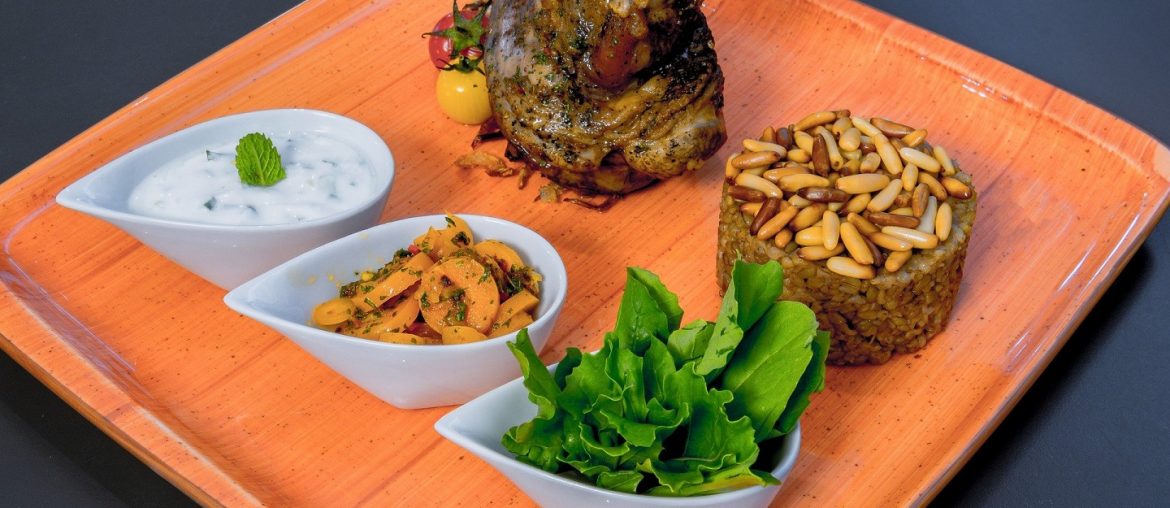Ramadan is upon us. Every year Muslims worldwide observe the holy month of Ramadan by fasting during the day. It starts with suhoor, the pre-dawn meal, and ends with ifter, the post-sunset meal. When the sun goes down, families and friends typically gather around and have heavy meals. However, you have to be careful about the heavy and greasy iftar meal, especially if you are someone who is trying to maintain good eating habits and stay healthy during Ramadan. You must put extra effort into consuming the right foods to get the nutrients your body needs. And Ramadan is an excellent opportunity to cultivate good eating habits that will stay with you after the fasting month ends. Having that said, here are some great tips for healthy iftar in Ramadan.
Hydrate yourself
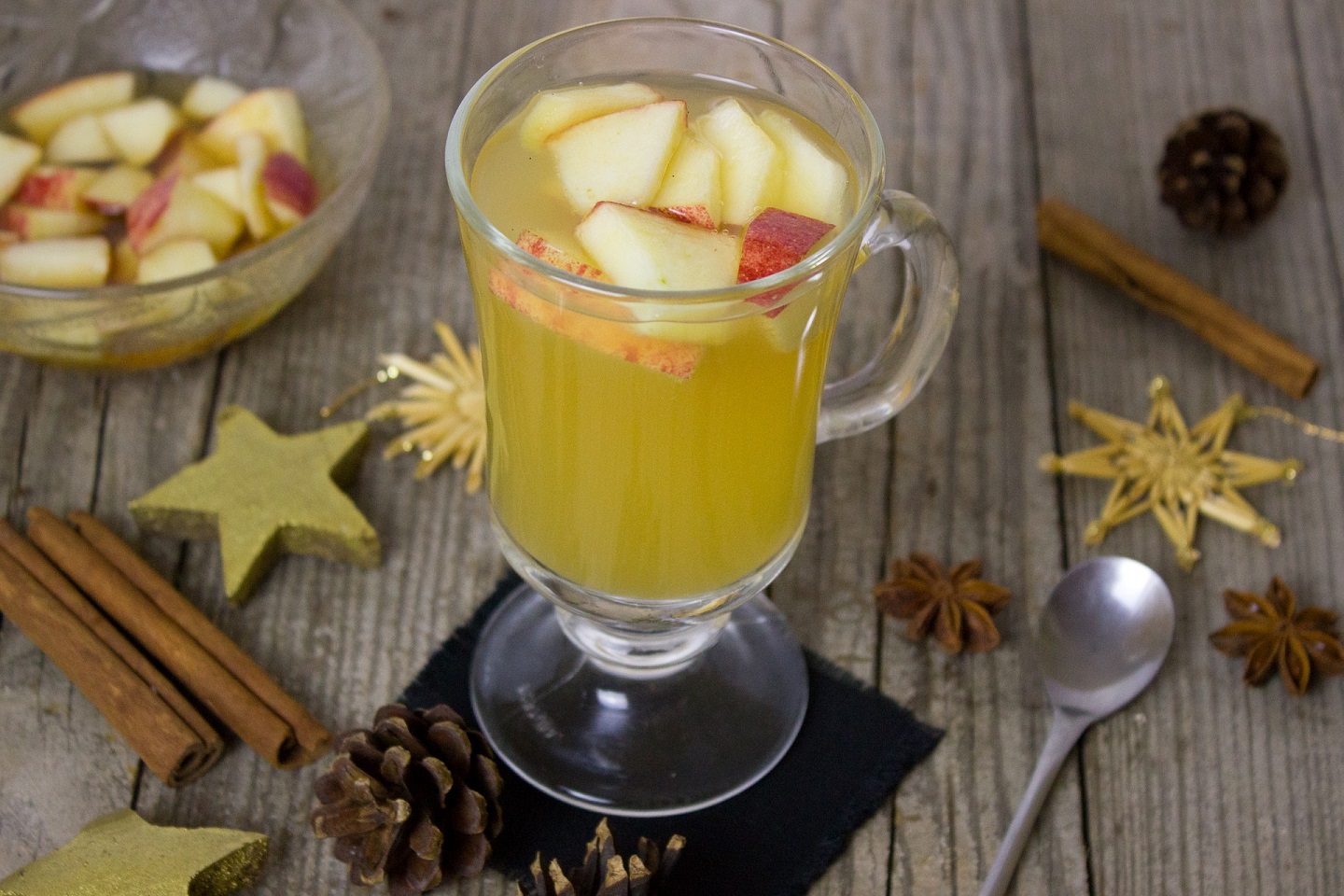
First off, immediately break your fast when it’s time. Avoid depriving your body of liquid and nutrients more than it is needed. Break your fast with water. This will prevent dehydration and provide your body with the essential fluids it needs. You can also opt for fresh juice or milk to replenish the fluids essential to your body. Drink 1-2 glasses of water before your meal not during your meal, otherwise, it will delay the digestion process. However, be careful about what you drink. Drinking excessive sugar and calories is not exactly ideal when it comes to breaking the fast. So stick with water, it’s healthier that way.
Have dates in your meal
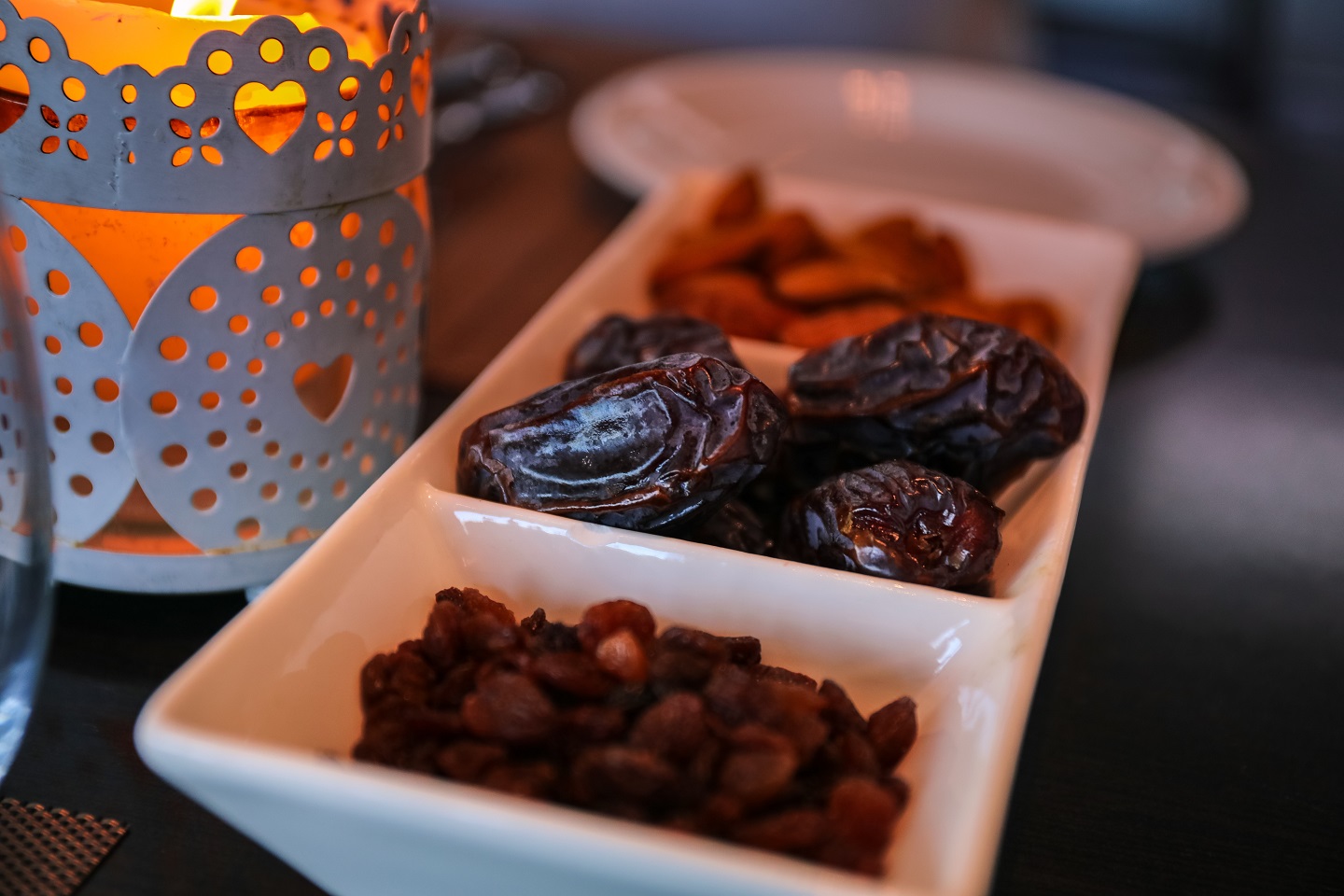
Eating dates during iftar is a tradition that’s been going on for more than a millennium in Middle Eastern countries. After drinking some water, proceed with your iftar by having a few dates. This will replenish your body with essential nutrients and much-needed energy. Dates are known as a natural source of sugar and contain excellent nutrient content. So having some dates after a day of fasting can ease your hunger pangs.
Opt for some good carbs and vegetables

The nutritional value of vegetables and carbohydrates is too great to be ignored if the aim is to live a healthier life. This becomes even more important when you are preparing a healthy iftar in Ramadan. In order to replenish your energy levels in a good and healthy way, iftar meals must naturally contain a decent amount of good carbohydrates and vegetables. Complex carbs sources such as wheat, potatoes, and brown rice provide a stable and sustainable boost of energy. These also keep your body full for a longer period of time. Vegetables, on the other hand, play a vital role in maintaining your health as they contain vitamins, minerals and fibers with next to no calories. Combine good carbs with vegetables and you will get yourself a healthy and balanced iftar full of essential nutrients.
Lean proteins
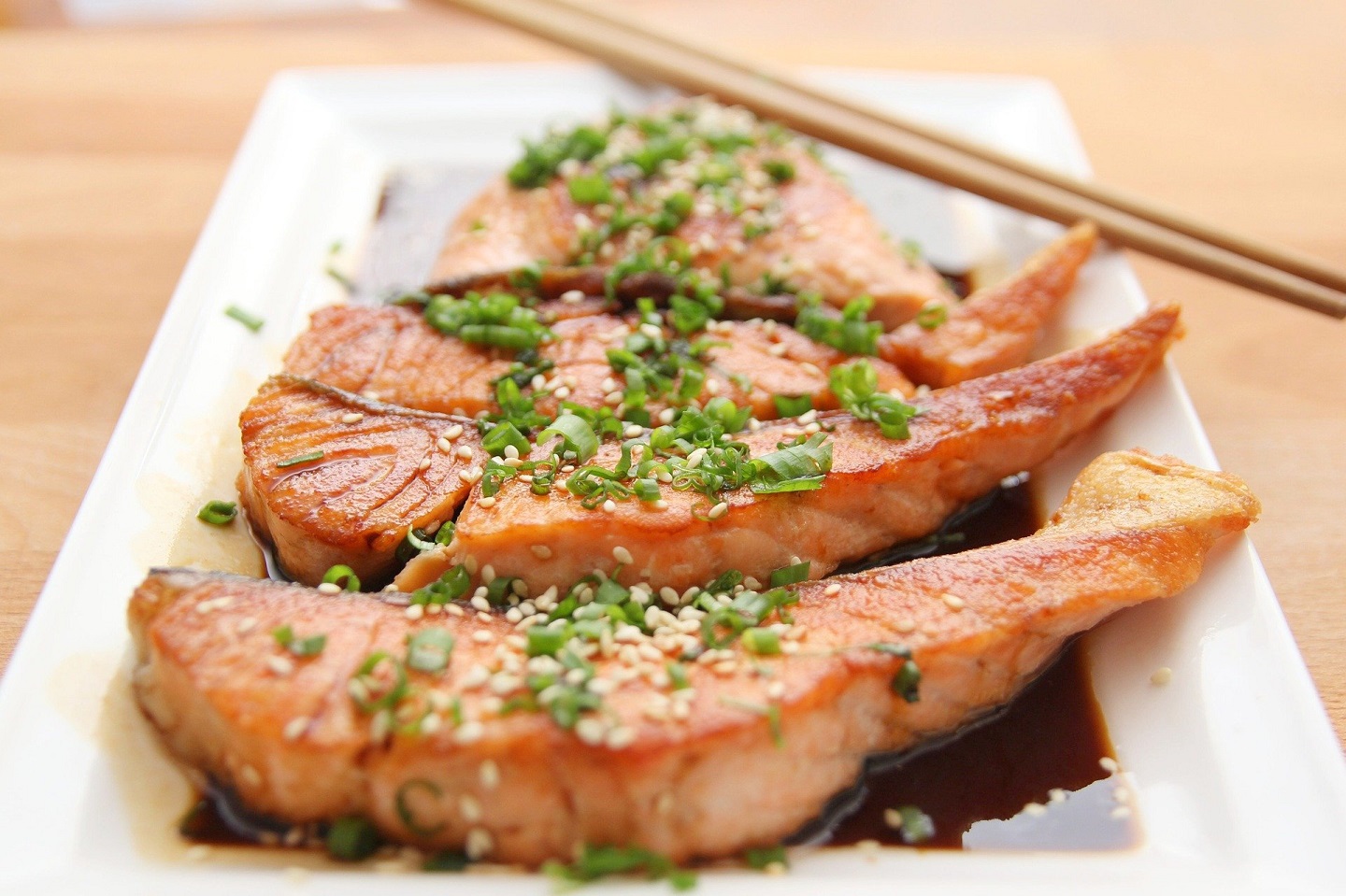
Lean proteins are foods that are high in protein but contain less healthy nutrients, such as saturated fat and dietary cholesterol. Foods that are high in lean protein should be the first choice for your iftar meals since protein allows your body to build and rebuild muscle mass as well as maintaining it.
Some good sources of food for lean protein include lean beef, white-fleshed fish, skinless white-meat poultry, and eggs. In addition, if you’re a vegetarian, lean proteins can also be acquired from foods like beans, peas, and lentils. You can also opt for low-fat yogurt and cottage cheese and lite tofu if you want to have a healthy iftar in Ramadan.
Avoid foods with high fat, sugar, and salt content
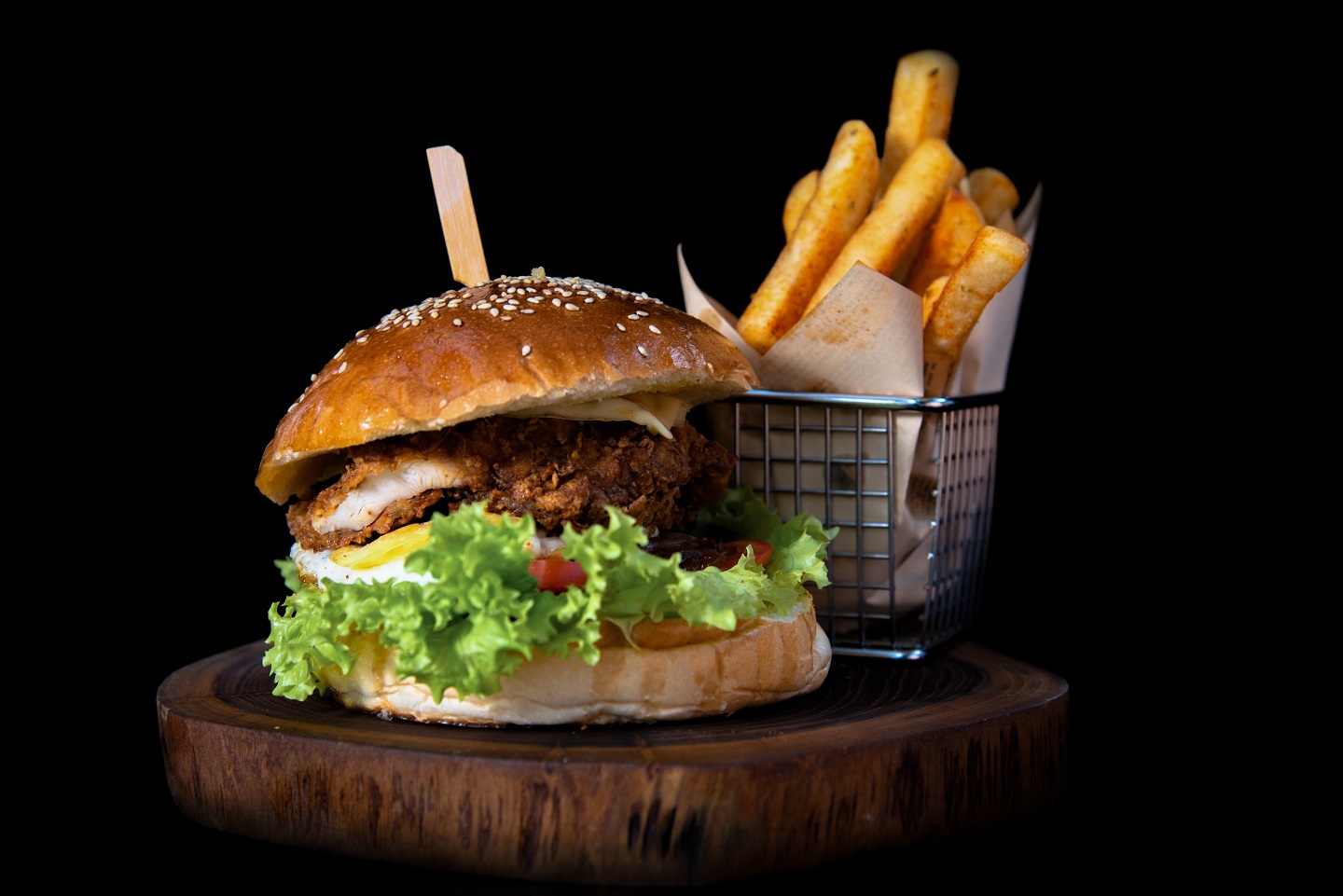
Food with high fat, sugar, and salt content is generally harmful to your body. Not only do these food increase the risk of heart disease and stroke, these can also make you overweight and can lead you to other health hazards including diabetes and cancer. So it’s generally a good idea to avoid foods that are high in fat, salt, and sugar. Avoid vegetable oils in your food as much as possible. The same also goes for processed snack foods. Instead, why not attempt to prepare your iftar meals by baking, boiling, or steaming to promote a healthier lifestyle and stay active in Ramadan. You can use blends of natural spices and herbs to add flavor to food instead of salt, sugar, and MSG (a flavor enhancer). After all, Ramadan is all about incorporating positive changes in to our lives.
After a long day of fasting, it’s hard to control the temptation of consuming as much as food possible to please the hunger. But having a balanced iftar is important as it’s the meal that replenishes energy and helps sustain your fast the following day. So if you want to have healthy iftar in Ramadan, follow these tips to build a healthy and balanced diet.

